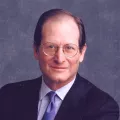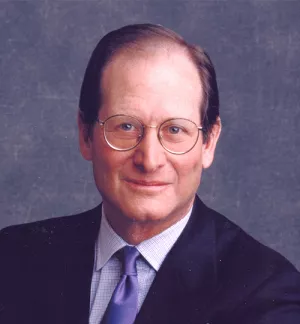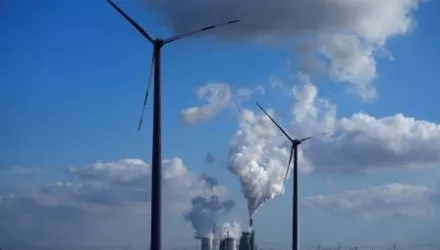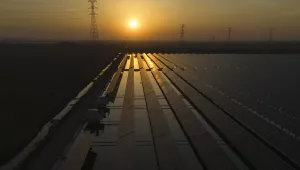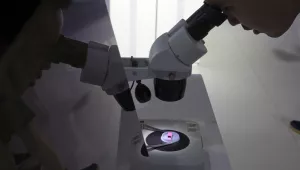Political giants join vision and power to get historic things done: Roosevelt, LBJ, Ronald Reagan as presidents; Sam Rayburn, Russell Long and Ted Kennedy as congressional leaders; Dean Acheson, Henry Kissinger and Jim Baker as cabinet secretaries.
But just below the surface of our political culture are connected, deep-seated trends that make the emergence of great American political leaders increasingly difficult. The primary cause is the fragmentation of power due, in important part, to the fragmentation of political media, of political money and of political ideas.
Journalists, pundits, historians and political scientists have been tracking these trends over the past 40 years and, I believe, we must look first at these "forests" to understand the enduring limits on today's leadership.
But to even the most casual observer, it is clear that power in our political system has become ever more diffuse. For example,
- There is the long decline in the power of congressional leadership, of committee chairs and of the Rules Committees. Building coalitions for major legislation may often be more akin to herding cats than ordering the law-writing troops to take the Hill.
- In the Executive Branch, power is fragmented because every major issue -- climate change, health care, the tension between national security and civil liberties, the recession, China -- involves not one, not two but many cabinet departments. Interagency meetings are the bane of everyone's existence, yet everyone demands a seat at the table. The White House chief-of-staff, and other "czars," try to be span-breakers, but even the czars compete for power on critical issues. (Plus, with a few exceptions, like Kissinger and Zbig Brzezinski, White House staff avoid becoming household names because they operate in the shadow of the president; eclipsing the Sun God generally shortens one's political life.). Only rarely do cabinet secretaries, gaining power by personality or ideas, emerge truly as primus inter pares-- first among equals -- out of this organizational web.
- In the multi-polar world of today's foreign affairs, we obviously have no great adversary---no crusade in Europe, no containment of world communism. For the moment, the great powers alternatively compete over economics and resources and haltingly (hypocritically?) seek to cooperate on global problems like climate change. Ours instead is an era of asymmetrical threats originating from failed and failing nations, where there is searing (though not yet nation-threatening) death and destruction involving military units and civilians and only shadowy, incomplete victories. Can there be great political heroes in what has now truly become a "long, twilight struggle?" (There will surely be unsung leaders who do critical work.)
This diffusion of power is aided and abetted by the fragmentation of the political media and of political money--by their "democratization" in some sense. It is a truism, but important and true nonetheless, that the advent of TV and now the explosion of other electronic media mean political actors at all levels don't have to supplicate elite leaders to gain power but can communicate directly with the people. Campaign finance laws and the internet have consigned the huge donor--with his or her three-bags-full-- to the history books so that elected politicians must spend an inordinate amount of time raising funds, even for what may seem like safe seats, rather than working on the public's business. And, yes, special interests can raise money across industries, exploit loopholes and give to non-regulated entities. But diffuse net fund-raising, among special groups of energized citizens, is also possible.
Both these inexorable trends in media and money give momentum to the atomization of the legislative branch and have focused presidential campaigns much more on the mechanics of media and money over an exhausting two-year period.
Finally, after the Ying of the New Deal and the Great Society and the Yang of Reaganism and the fundamentalist right, there is no new synthesis of ideas that a leader can ride to greatness. Instead, we have a closely divided nation and a political system, even in this post-Bush era. In a time of great economic trauma, we have competing visions about the role of government, the level of government expenditure and a redistributionist agenda that has been the source of so much political debate in the past 100 years. Whether such a synthesis will emerge from the Obama rhetoric and presidency is one of the great puzzles of our time.
Given the historic checks and balances embedded in our constitutional system, it is necessarily difficult for great political leaders to emerge and effect historic change. But the diffusion and fragmentation of power, money, media and ideas in our current political culture turn this difficulty into a real long-shot.
Heineman, Ben. “Power Outage.” On Leadership at washingtonpost.com, August 31, 2009

